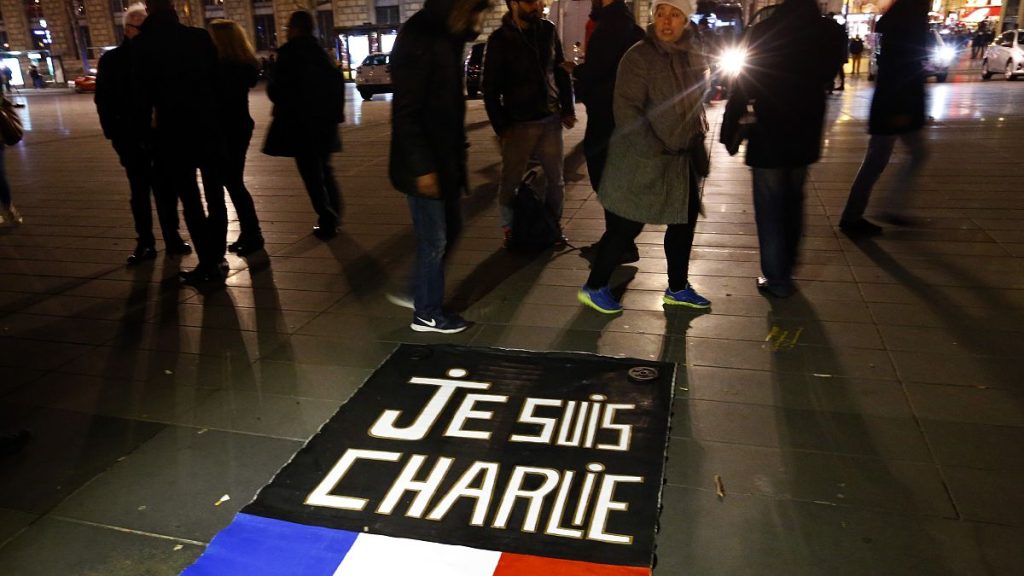The 2020 axe attack outside the former Charlie Hebdo offices in Paris serves as a chilling reminder of the lingering impact of the 2015 massacre that claimed the lives of 12 people. While the 2020 attack resulted in injuries to two individuals who were not Charlie Hebdo employees, it reignited the debate over freedom of speech, religious satire, and the potential for extremist violence. Six men are now facing trial for their alleged involvement in the 2020 attack, with charges ranging from attempted terrorist murder to criminal terrorist conspiracy. This trial unfolds against the backdrop of a decade of heightened tensions and reflection on the limits of satire and the consequences of religious extremism.
The 2015 Charlie Hebdo attack, perpetrated by the Kouachi brothers, was a watershed moment in French history. Their justification for the massacre stemmed from the publication’s satirical depictions of the Prophet Muhammad, cartoons deemed offensive and blasphemous by many Muslims. The subsequent attack on a Jewish supermarket by Amedy Coulibaly further amplified the sense of vulnerability and fear gripping the nation. The events of January 2015 sparked widespread condemnation and solidarity, with millions marching in support of free speech and against terrorism under the banner “Je suis Charlie.”
The 2020 attacker, Zaheer Mahmood, reportedly targeted the former Charlie Hebdo offices unaware that the publication had relocated after the 2015 attack. His stated motivation echoed the grievances of the Kouachi brothers, citing his anger over the republication of the controversial cartoons. This highlights the enduring power of these images to provoke extreme reactions and the ongoing challenges in balancing freedom of expression with religious sensitivities. The fact that Mahmood’s intended victims were not even associated with Charlie Hebdo underscores the indiscriminate nature of such violence and its potential to harm innocent bystanders.
The trial of the six men involved in the 2020 attack will delve into the motivations and connections of the accused. The alleged perpetrator, Mahmood, faces charges of terrorist murder, while five others are accused of being complicit in the plot. The presence of three minors among the accused adds another layer of complexity to the legal proceedings. Investigators have pointed to Mahmood’s interest in the rhetoric of Khadim Hussain Rizvi, a Pakistani cleric known for his hardline stance on blasphemy laws. This suggests a possible link to extremist ideologies that advocate violence against perceived insults to Islam.
The Charlie Hebdo attacks, both in 2015 and 2020, have reignited a global debate about the boundaries of free speech and the responsibilities that come with it. While many defend the publication’s right to satire, critics argue that their cartoons deliberately provoke and offend Muslims, contributing to a climate of hostility. This delicate balancing act between freedom of expression and respect for religious beliefs has become increasingly difficult to navigate in an increasingly polarized world. The trial of the 2020 attackers will undoubtedly bring these complex issues to the forefront once again.
As France commemorates the 10th anniversary of the 2015 attacks, the nation confronts the enduring legacy of these tragic events. The Charlie Hebdo massacre and the Hyper Cacher attack exposed deep societal fault lines and raised fundamental questions about tolerance, integration, and the role of religion in public life. The upcoming trial of the 2020 attackers serves as a stark reminder of the ongoing threat of extremism and the need for continued vigilance in protecting democratic values. The quest for a society that upholds both freedom of expression and respect for religious beliefs remains a work in progress.














